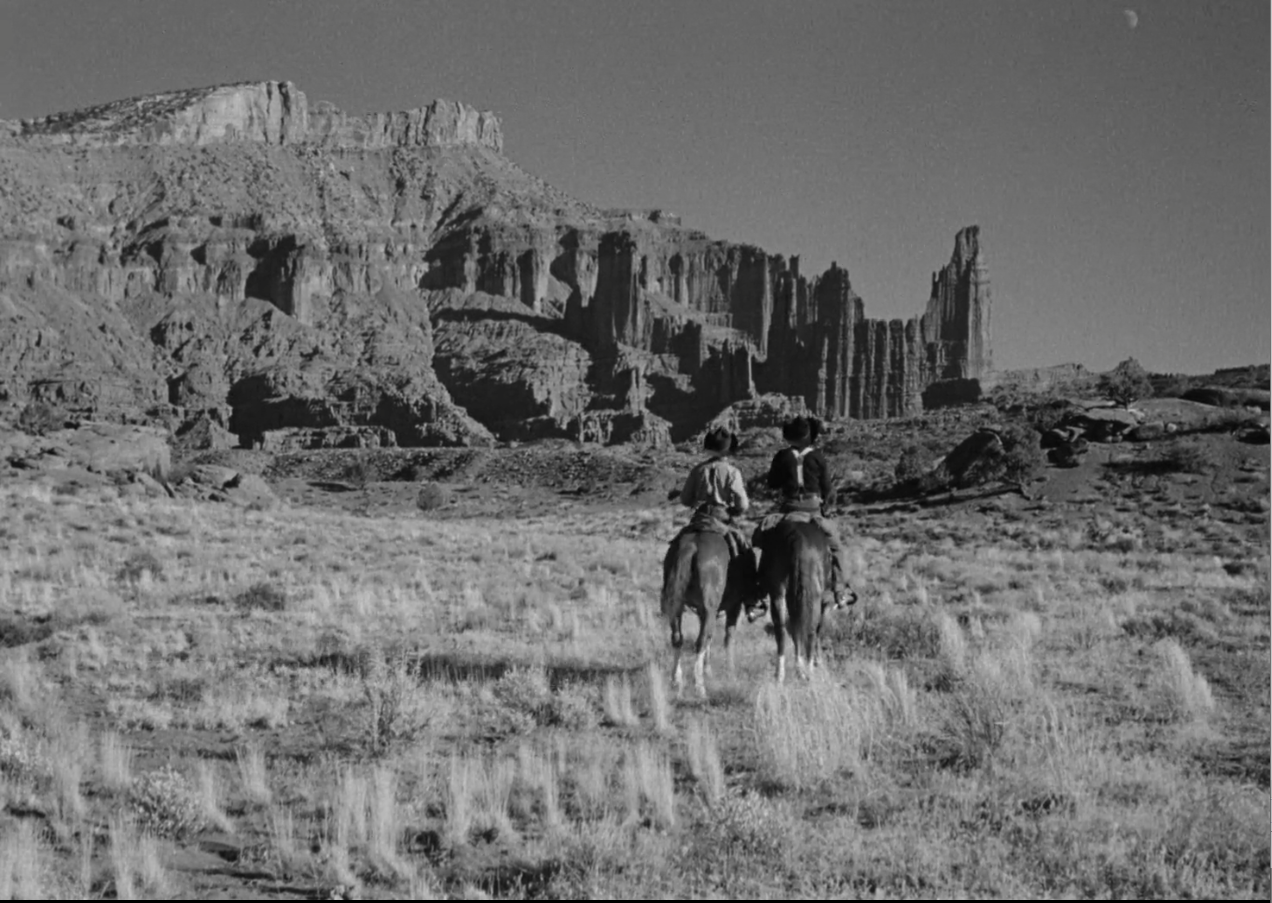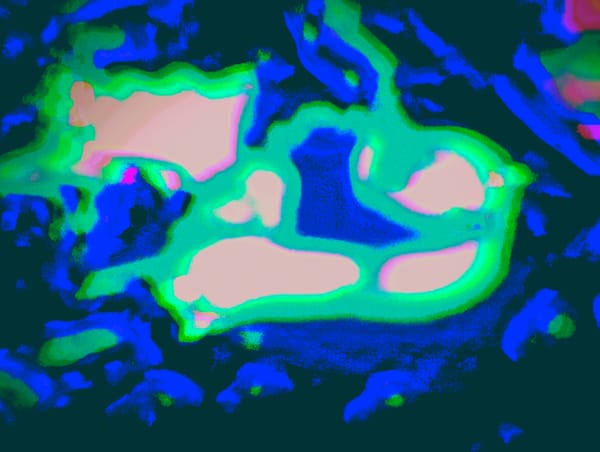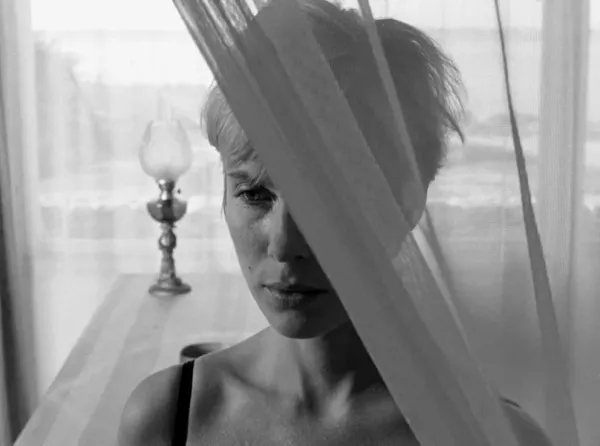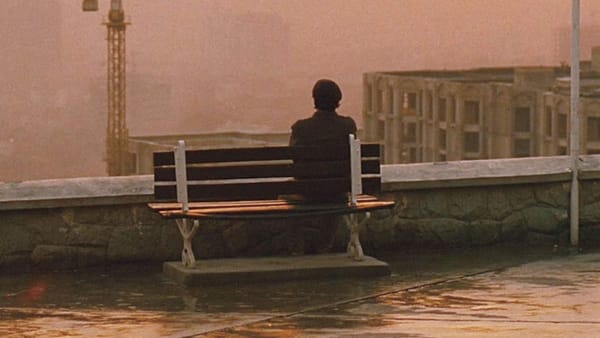At the frontiers: An Introduction to Westerns
By Saket Edidi (as part of The Parallel Cinema Club’s Curator Selections for July 2025)

“All you know is that a stranger rides into town.”
- Jean-Luc Godard
While it is said the classical American cinema posed a risk in allowing escapes from the spectators’ lives, the same also affirms us the vigor of the formal transformation that occurred of the scripted materials. The spectator or cinema-going was not to blame completely, unless he deems mindlessness a virtue in the space of collective projection, but the sheer imagination and perspective the classical filmmakers could bring sweeping away the notion of the fundamental process. The spectators and some directors-for-hire slowly forgot about the senses (yes, the key to art!) and instead there was an emphasis: the story. The pure perception before any interpretation was lacking on the part of the spectators and likely the other participants in making the film. The filmmakers’ strengths of understanding reality their own way turned against the reality of an individual working class spectator, for one. Their own country progressed quickly enough to independent filmmaking realizing such limitations the classical cinema brought over the time. Of course, the American economy and resource-distribution played a part. But it was a certain number of films set in the wilderness of the American West that were ahead of the rest in their disruption of the system of perception at the studios and also closer to a reality-in-reach to many more audiences through their virtues.
The Westerns were championed by the early critics for their extreme simplicity in means without sacrificing the passion or depth of feeling of the rest of the films. At the same time, the spectator could get a sense of where the camera is placed, at what distance from action and how it moves because of simplified narratives and a lack of any embellishments. Some films, also known as B-movies, used the disposed sets and items from the glossy studio productions to construct their own grounding for the film. In deconstructing the golden-era or the “Hollywood picture” the Westerns became foundational to modernity inspiring filmmakers such as those from Nouvelle Vague and Cinema Novo to name a couple. It allowed the possibility of smaller productions, thinking independently and hence critically, working with the system to a limited extent without indulging in the vices that were consequential to it and not to mention the capital. The economic impositions had to be combatted too to progress towards a better life. It was understood that one could work on their own terms despite the support of a production studio and go beyond the limits. The Western’s lesson, in the end, was that the filmmaker’s imagination is at work also in that regard. There was no escape anymore when viewed from the filmmaker’s side. The very acts of participating in a collective and resistance against any impositions or rhetoric was inherent to the making of Westerns. The economy in building such films, the complete clarity with which the harsh environment becomes part of the film, all the gestures arrived at through the work with actors and the functional beauty of the shots as Rivette said of Hawks still surprise to this day.
With Westerns it is not only easier to get a sense of the compromises of a filmmaker in the system but also understand how they are similar to any day-to-day life’s or job’s. That is precisely the part of realism the critics and admirers spoke of, an undeniable root to modernism; the frontiers both physical and cinematic.
Here are the films for July 2025:
Week 1:
The Big Trail by Raoul Walsh (Tuesday - Underline Center)
Fort Apache by John Ford (Thursday - Cafe de Verde)
Go West by Buster Keaton (Sunday - Shoonya)
Week 2:
Wagon Master by John Ford (Tuesday - Underline Center)
The Gunfighter by Henry King (Thursday - Cafe de Verde)
Apache Drums and The Tall T by Hugo Fregonese and Budd Boetticher (Sunday - Shoonya)
Week 3:
Winchester '73 by Anthony Mann (Tuesday - Underline Center)
Stars in my crown by Jacques Tourneur (Thursday - Cafe de Verde).
Wichita and Run for Cover by Jacques Tourneur and Nicholas Ray (Sunday - Shoonya)
Week 4:
Run of the Arrow by Samuel Fuller (Tuesday - Underline Center)
The Naked Dawn by Edgar G. Ulmer (Thursday - Cafe de Verde).
Rio Bravo by Howard Hawks (Sunday - Shoonya)
Week 5:
Pat Garrett & Billy the Kid by Sam Peckinpah (Tuesday - Underline Center)
Terror in a Texas Town by Joseph H. Lewis (Thursday - Cafe de Verde)
By The Parallel Cinema Club




